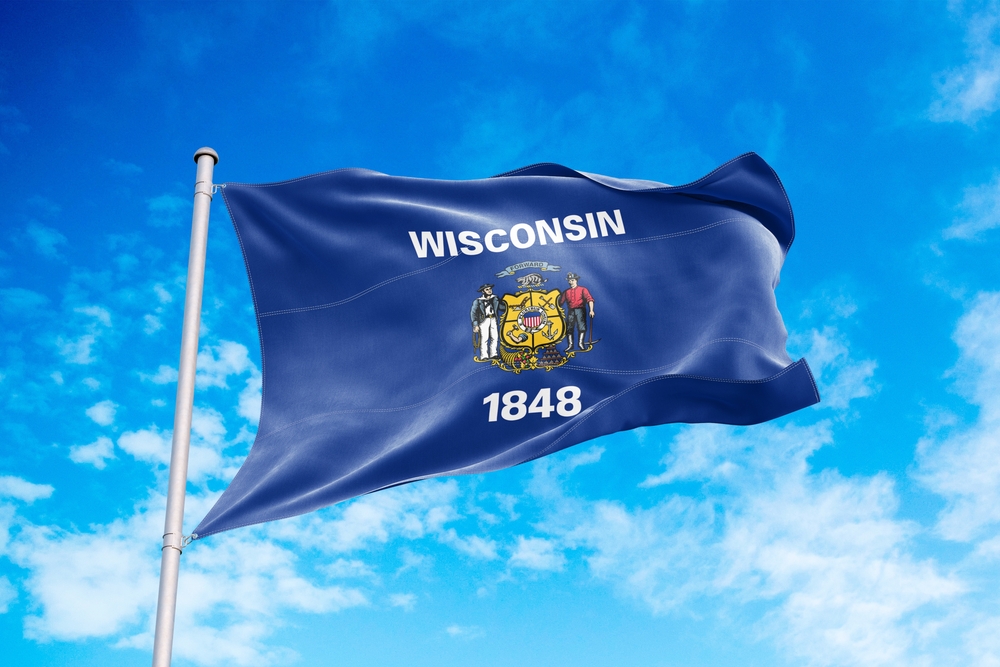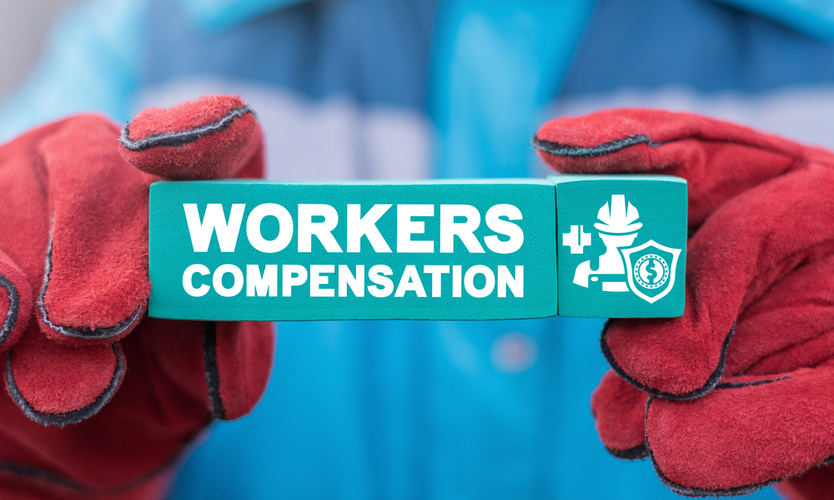Overexertion, slips and falls, and being struck by an object were the top three drivers of severe workers compensation claims between 2017 and 2021, according to a 2024 Injury Impact Report released Monday by Travelers Cos. Inc.
Motor vehicle accidents and injuries stemming from caught-in or caught-between hazards were numbers four and five, respectively.
The report says that employees in their first year on the job continue to experience the highest levels of workplace injuries, representing 35% of all workers comp claims between 2017 and 2021.
The report analyzed 1.2 million workers comp claims across the U.S. during that four-year period, determining that the most common workplace accidents made up most workers comp claim costs.
The most frequent causes of injury were overexertion at 29% of claims, slips, trips and falls at 23%, and being struck by an object at 12%.
“Factors such as inexperience, workforce shortages and maintenance issues are all contributing to these unfortunate and often avoidable accidents,” Rich Ives, senior vice president of business insurance claims at Travelers, said in a statement.
The report also says that the construction industry continues to experience the highest average number of lost workdays due to employee injury.
Travelers said the trends identified in the impact report are designed to help employers implement training programs and processes to help keep workers safer on the job.









